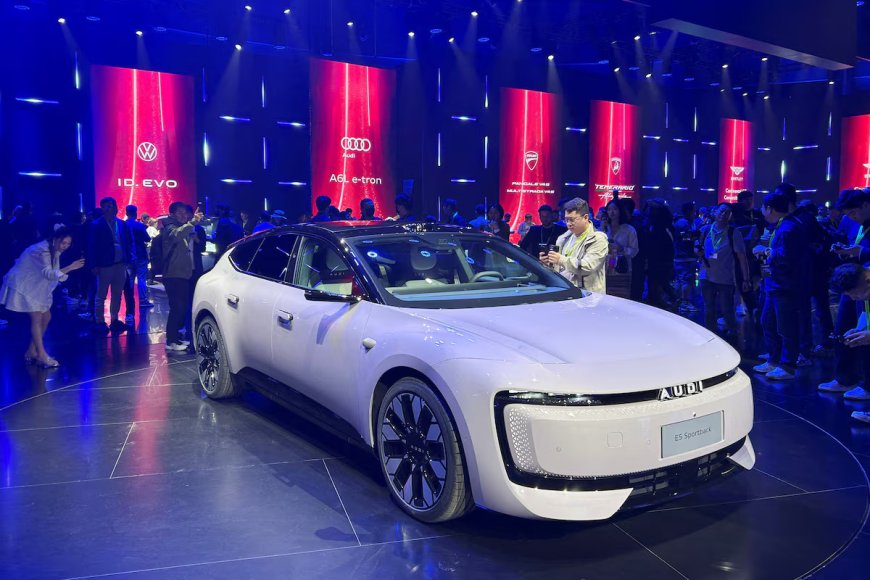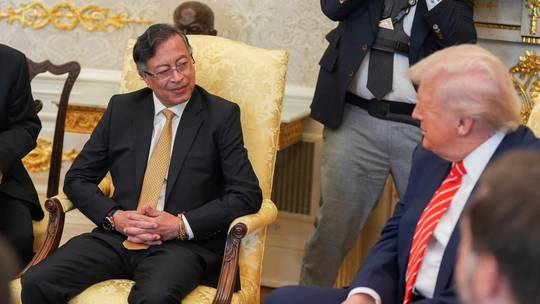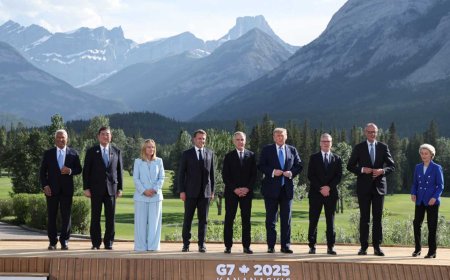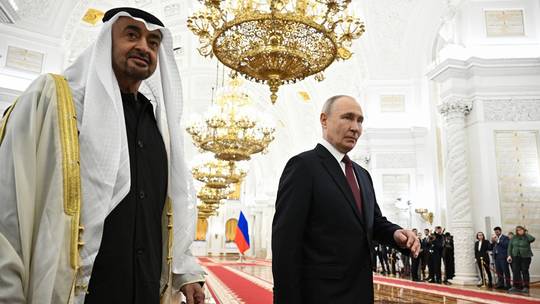Using a ready-made Chinese EV chassis and software could save billions of dollars and years of development time and help traditional automakers catch up with Chinese rivals, auto industry experts say.
Renault was an early adopter, building the low-cost Dacia Spring EV on a platform from China's Dongfeng for sale in Europe starting in 2021.
Renault has gone one step further with the new electric Twingo under development at its research centre in Shanghai, with a Chinese EV engineering firm Launch Design providing technical support in developing an EV platform, according to two people familiar with the matter.
Launch did not respond to requests for comment.
Other "China Inside" models could be coming soon. Ford is seeking a Chinese partner to provide EV platform technologies, said two people with knowledge of the matter. CEO Jim Farley has frequently tested Chinese EVs and recently praised Xiaomi's SU7 electric sedan.
Volkswagen has expanded plans to develop China-dedicated models of all fuel types based on platforms co-developed with Xpeng, using the latter’s layout designs of electronics and software.
Analysts say legacy automakers typically struggle to develop agile EV systems that can be rapidly updated, due to complicated organisational structures.
That is why Volkswagen wants to see if Xpeng’s EV technologies can complement or replace Volkswagen’s own, said Yale Zhang, managing director at Shanghai-based consultancy AutoForesight. If it works in China, Volkswagen could apply the strategy globally, Zhang added.
A Volkswagen China spokesperson told Reuters its collaboration with Xpeng was focused on China for now.
Xpeng's He Xiaopeng has said the two automakers want to expand their partnership beyond China. That would boost Xpeng’s revenue without building plants overseas, said Autodatas' Wang.
Oliver Wyman analyst Marco Santino said traditional automakers could use "firepower" of fierce Chinese EV competition to jump ahead of the development curve.
"You get a much more quality-proof product in the market in a shorter timeframe," Santino said.
MORE CHOICE?
Inspired by Tesla, China's EV makers have developed modular platforms that cut costs and accelerate development and lower barriers of entry. "They are quick learners from Tesla," said Forest Tu, a former executive at Chinese battery giant CATL who founded consulting firm Mapleview Technology.
That advantage is now big enough to sustain "licensing and royalty service" as Chinese EV makers expand overseas, Tu said.
CATL adopted that approach with Fordn, licensing its technology for a battery plant.
Exporting Chinese technology could help less-industrialized countries build their own "national EV brands," Tu said.
Abu Dhabi-based CYVN Holdings, a strategic investor in Nio
(9866.HK), opens new tab, has developed its own premium EV model using the Chinese EV maker's chassis and software.
CYVN bought British sports car maker McLaren in April and now plans to sell its EV using the McLaren brand, according to two sources familiar with the matter. But future models will incorporate far more McLaren "DNA" and less Chinese technology, one source said.
Nio declined to comment. CYVN did not respond to a request for comment.
CATL's new EV chassis, meanwhile, will allow consumers to "decide what an EV looks like, rather than having giant automakers decide what to sell," its executive president Hu Guoliang said.
CATL said it would ramp up chassis production in the next three years after signing with several domestic automakers. Its Bedrock Chassis debuted in Europe this week at the
IAA Mobility show in Munich.
Whether the mutual benefits of China's EV technology last over the longer-term, however, remains a key question.
Former Aston Martin CEO Andy Palmer said while there were savings in R&D, automakers should avoid over-reliance on third-party technology. "In the long-term you're screwed because you're just a retailer," said Palmer.
Oliver Wyman's Santino said the big risk for traditional automakers is that using someone else's technology means "your capability to differentiate your brand is really limited." By blending in their own technology, automakers can "limit the risk," Santino added.
Reporting By Zhang Yan in Shanghai and Giulio Piovaccari in Milan; Additional reporting by Nora Eckert and Gilles Guillaume; Editing by Nick Carey and Sam Holmes.
(Source:Reuters)











/file/attachments/orphans/GettyImages-173171038_666041.jpg)












/file/attachments/orphans/IMG_9103_429753.jpeg)





























